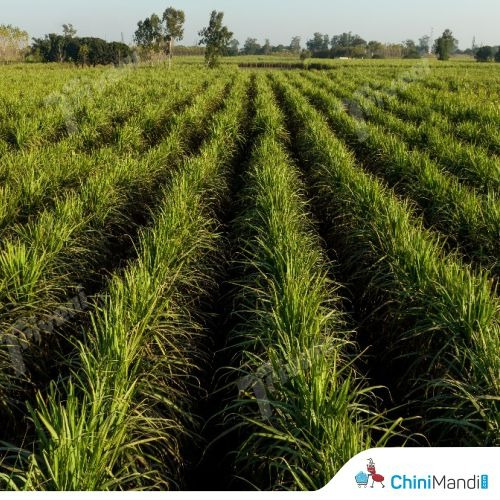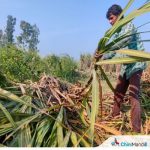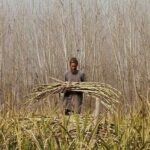The UK farming sector has made it clear to the government that it cannot bear any further sacrifices for the sake of other parts of the economy as trade talks with the United States continue.
On April 8, the US administration announced new tariffs as part of its “Liberation Day” measures, introducing a baseline 10% tariff on nearly all imports, alongside extra tariffs on steel and aluminium. This follows market upheaval after President Donald Trump declared the universal tariff, with many countries now facing a looming deadline as the 90-day grace period ends on July 9.
UK farmers have united in warning that further concessions on agriculture would severely damage a sector already stretched thin. The industry argues it has already made significant sacrifices in trade negotiations with the US.
Under the May agreement, the US gained tariff-free access to 13,000 tonnes of hormone-free beef and a reduction to zero from 20% tariffs on an additional 1,000-tonne beef quota. The US also secured duty-free access for 1.4 billion litres of ethanol, a move that threatens the UK’s bioethanol industry. These concessions took effect on June 30.
Farmers fear the US will now demand even more access to the UK agricultural market in exchange for lowering or removing the 10% tariffs. There are particular concerns over possible concessions on products made using practices banned in the UK, including those that fall short of the country’s strict animal welfare, environmental, and food safety standards.
In response, the National Farmers’ Union (NFU) held an urgent board meeting, gathering representatives from across food-producing sectors. The consensus was clear: the farming sector cannot afford any further losses without risking its viability.
The board reaffirmed that the deal agreed with the US in May represents the maximum burden UK agriculture can bear. That agreement saw livestock and arable farmers absorbing the cost to reduce tariffs on other industries such as automotive, steel, and aluminium. While the NFU initially accepted this as necessary to protect the broader economy, it now insists the sector cannot give any more as negotiations drag on.
The NFU is urging the government to commit to protecting agriculture from becoming a bargaining chip in ongoing tariff discussions and to be ready to walk away from talks if it means safeguarding domestic food production.
NFU President Tom Bradshaw said, “We understand the government’s goal to eliminate the 10% tariffs on US imports, but the question is: at what cost? The US has made it very clear it wants greater access to our agricultural markets and isn’t shy about pushing hard to get it.”
He added that the farming sector has already “done its bit” through concessions on livestock and arable goods and “has nothing more to give.”
While the UK government has honoured its commitments by legislating for increased access for US beef and ethanol, the US has been slow to reciprocate with promised access to its beef market.
“No one has yet reached an agreement to remove these 10% tariffs,” Bradshaw noted. “We cannot keep sacrificing vital sectors like food production for tariff reductions that may never come, which would leave us back where we started before ‘Liberation Day’.”
He stressed that the government must continue to defend the UK’s most sensitive farming sectors, maintaining the country’s high standards on animal welfare, environment, and food safety. Failing to do so risks devastating domestic food production and the values that underpin it.
“If necessary, the government must be prepared to prioritise the farming sector—our food security foundation—even if it means accepting the 10% tariffs,” Bradshaw warned.
The NFU has long highlighted how cumulative trade deals threaten farming viability. For example, recent agreements with Australia and New Zealand have expanded access to UK beef and lamb markets, with imports of Australian beef more than doubling in the first five months of 2025 compared to the same period last year.
This surge in imports has depressed farmgate prices for UK producers, compounding challenges already faced by the sector.

















